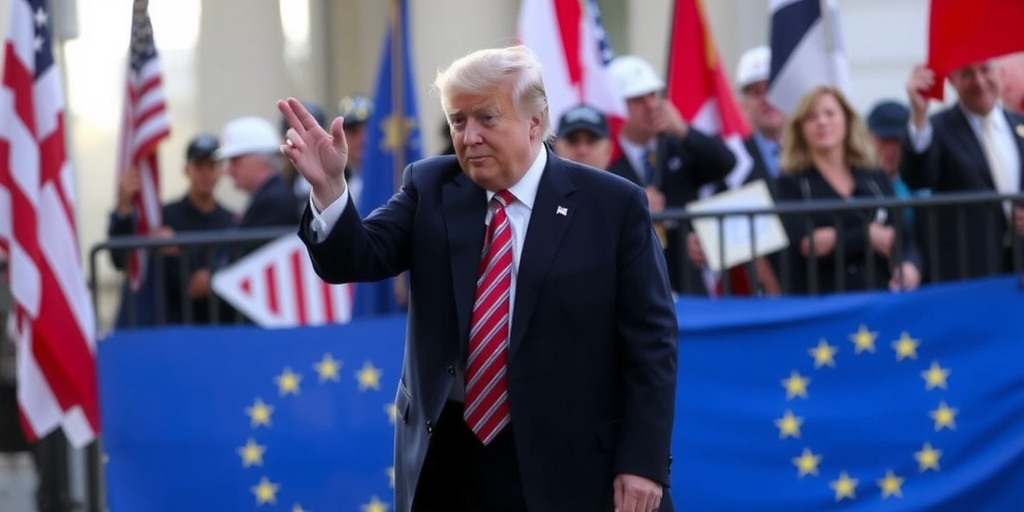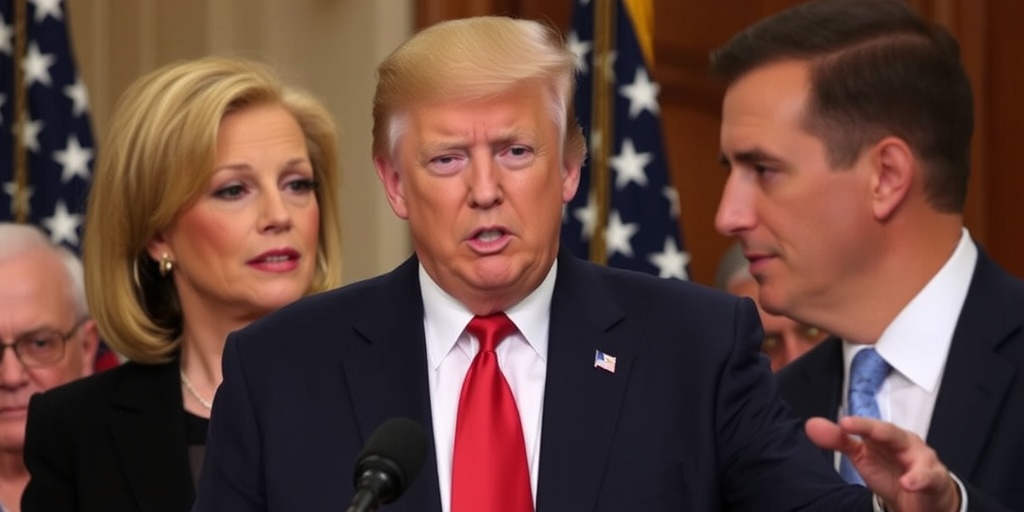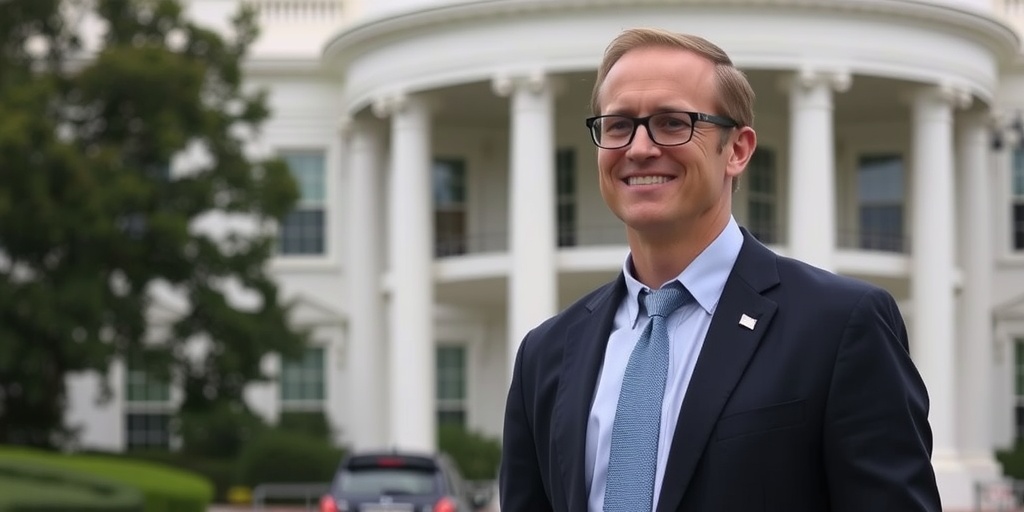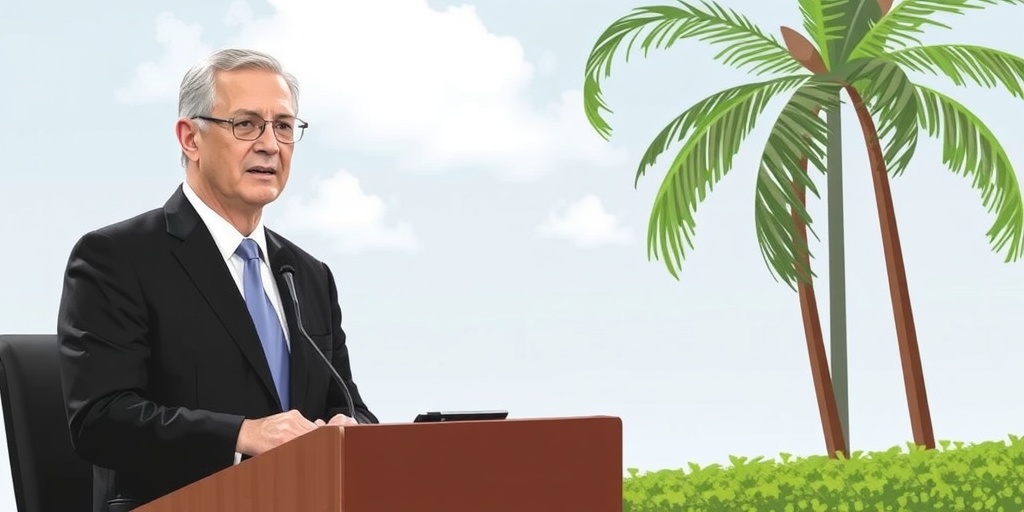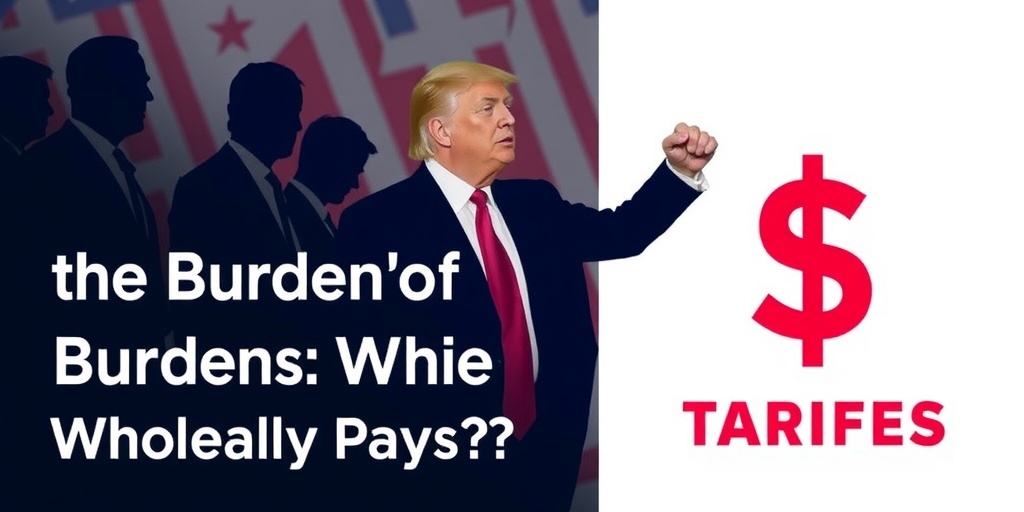Now Reading: Iowa Gov. Kim Reynolds Not Seeking Re-election, Opens Race
-
01
Iowa Gov. Kim Reynolds Not Seeking Re-election, Opens Race
Iowa Gov. Kim Reynolds Not Seeking Re-election, Opens Race
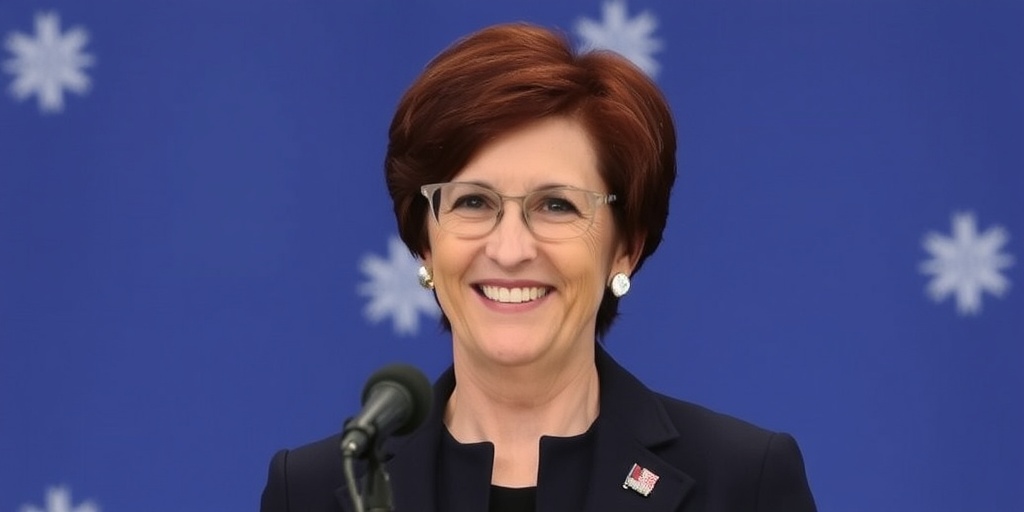
Kim Reynolds Announces Decision Not to Seek Re-Election as Iowa Governor in 2026
Iowa Governor Kim Reynolds, a prominent figure in state and national Republican politics, made headlines on Friday with her announcement that she will not be seeking re-election in 2026. This significant decision comes as a surprise to many, marking the first open race for Iowa’s governorship in several years, and it is expected to profoundly impact the political landscape in the state.
Ms. Reynolds, aged 65, has played a pivotal role in Iowa’s political transformation since taking office in 2017. Before becoming governor, she served as the state’s lieutenant governor and has been instrumental in steering Iowa from its previous status as a battleground state, which once leaned Democratic under former President Barack Obama, to a Republican stronghold. Her tenure has seen a number of policy shifts aimed at solidifying GOP dominance in the region.
In a heartfelt video announcement, Ms. Reynolds expressed her deep affection for her state and the privilege she has felt in serving its residents. "This wasn’t an easy decision because I love this state and I love serving you," she stated, reflecting on her years in public service and the importance of this choice.
Reynolds made history as the first woman to occupy the governor’s office in Iowa. She succeeded Terry Branstad, a long-serving Republican governor who led the state during two distinct periods in the 1980s, 1990s, and 2010s before resigning in 2017 to take on the role of President Trump’s ambassador to China. Under her leadership, the state has undergone substantial changes.
Throughout her governance, Reynolds has maintained a fiscally conservative approach, exemplified by her decision to cut personal income tax rates to a flat rate of 3.8%, effective this year. These moves have been popular among her Republican base, reinforcing her reputation as a fiscal steward amidst a broader climate of political polarization.
During the 2024 presidential campaign cycle, Reynolds endorsed Florida Governor Ron DeSantis ahead of the Iowa caucuses, actively campaigning alongside him. This support, however, did not come without controversy; her public backing of DeSantis earned her the ire of former President Donald Trump, who had a strong following in Iowa. In contrast to her stance, Trump publicly praised Iowa’s attorney general, Brenna Bird, who had endorsed him.
As the political climate evolved, Reynolds faced challenges in maintaining her popularity. By late 2024, a poll indicated that her job approval rating had plummeted to a record low of 45%. This decline may be attributed to emerging pressures from various political factions within the state. Iowa, known for its early role in the Republican presidential nomination process, places significant power in the hands of its governor, making her job particularly pivotal during election cycles.
Reynolds’ announcement about not seeking re-election signals a potential shift in Iowa’s political leadership, creating opportunities for new candidates to emerge in a state that has experienced remarkable stability in its leadership for decades. Senator Charles E. Grassley, who has represented Iowa in the Senate since 1981, continues to serve, and his Republican counterpart, Senator Joni Ernst, is also slated for re-election in 2026. Iowa’s congressional delegation is primarily comprised of Republicans, with three of the four from districts viewed as potential battlegrounds in future elections.
In the wake of Reynolds’ announcement, support for her capstone achievements was evident immediately. Representative Ashley Hinson took to social media shortly after the video was released, applauding the governor’s service and stating, "The next governor no doubt has big shoes to fill." This sentiment reflects the weight of Reynolds’ influence over the state’s political fabric.
Looking ahead, one potential Democratic contender is state auditor Rob Sand, who is viewed as a strong candidate to challenge for the governor’s office. His name has surfaced in discussions among party members as they begin to strategize for the upcoming election cycle.
Kim Reynolds’ decision not only reshapes the future of Iowa governance but also influences the national political landscape as the state continues to play a critical role in the presidential nominating process. The upcoming election promises to be competitive, as both parties prepare for what could become a pivotal moment in Iowa’s political history.
Stay Informed With the Latest & Most Important News
Previous Post
Next Post
-
 01New technology breakthrough has everyone talking right now
01New technology breakthrough has everyone talking right now -
 02Unbelievable life hack everyone needs to try today
02Unbelievable life hack everyone needs to try today -
 03Fascinating discovery found buried deep beneath the ocean
03Fascinating discovery found buried deep beneath the ocean -
 04Man invents genius device that solves everyday problems
04Man invents genius device that solves everyday problems -
 05Shocking discovery that changes what we know forever
05Shocking discovery that changes what we know forever -
 06Internet goes wild over celebrity’s unexpected fashion choice
06Internet goes wild over celebrity’s unexpected fashion choice -
 07Rare animal sighting stuns scientists and wildlife lovers
07Rare animal sighting stuns scientists and wildlife lovers













